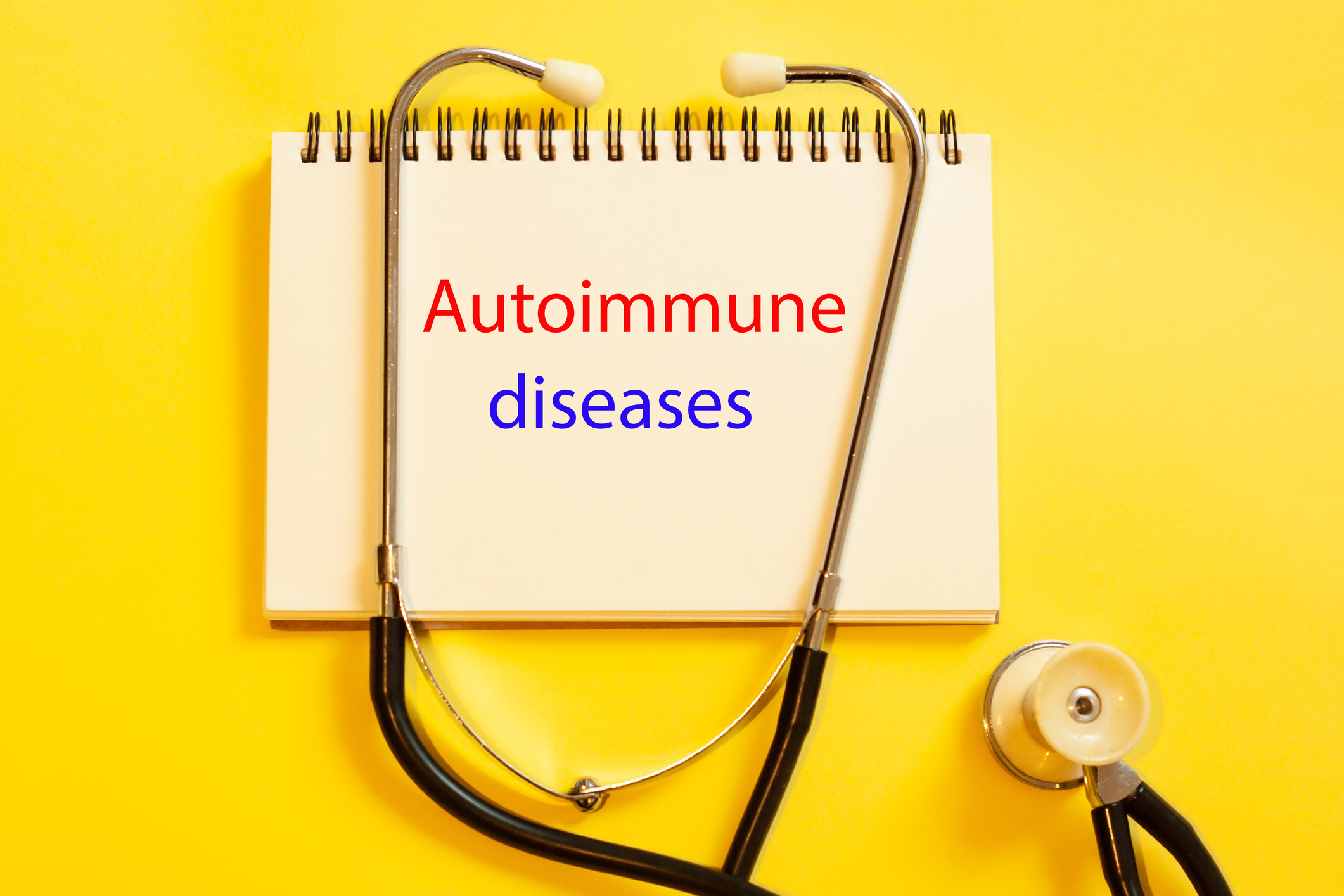

Scleroderma is an autoimmune disease affecting approximately 50 million Americans.
In people living with scleroderma, their immune system tricks tissues in the body into thinking they’ve been injured.
As a result of the inflammation this causes, the body goes into overdrive, producing too much collagen, which leads to fibrosis — or a buildup of scar tissues — that hardens the skin and damages blood vessels and internal organs.
And like with other autoimmune conditions, there currently is no cure.
However, thanks to research at the University of Michigan, there may be a way to slow, or even walk back, the damage and help scleroderma patients everywhere live better…
It’s called the SAD diet for a reason
The western diet most Americans follow has never topped the list of healthy diets. Also known as the standard American diet (SAD diet), it’s been linked to everything from a high risk of sepsis to heart disease.
And because the diet is linked to metabolic diseases that also impact blood vessel health, Michigan researchers began to wonder how it may also impact the damage scleroderma does to the body’s blood vessels.
And they found a connection — a metabolite produced in the guts of people who eat a Western Diet.
The compound, called trimethylamine N-oxide, or TMAO, actually has the power to cause changes to cellular processes in scleroderma that trigger fibrosis or scarring, inflammation and vascular injury.
Scary, right?
Well, here’s where it gets worse…
You see, TMAO is formed in your liver when your gut metabolizes nutrients like choline and carnitine, which are abundant in our meat-heavy Western diet.
When that happens, TMAO goes to work, reprogramming cells in the body to become scar-forming myofibroblasts, which leads to the scarring of the blood vessels.
Now, this happens whether you have scleroderma or not, to a degree. TMAO has already been linked to cardiovascular and metabolic disease.
But if you’re already living with the autoimmune disease, things get much worse fast…
That’s because the enzyme responsible for the formation of TMAO, called FMO3, is elevated in patients with the autoimmune condition.
In other words, your body is already primed to produce TMAO, putting you at an even higher risk for vessel damage if you choose the wrong diet.
Not surprisingly, people with scleroderma are at increased risk for heart disease, stroke and peripheral vascular disease.
The two-step approach to beating back the damage of scleroderma
So where’s the good news in all the bad?
Well, the first answer is pretty obvious…
If a Western diet accelerates the damage caused by scleroderma, embracing a diet that’s the complete opposite, such as the Mediterranean diet, may offer hope for keeping blood vessel scarring, as well as the other ravages of the disease, at a minimum.
This means avoiding foods that are common in the Western diet, like red or processed meats, refined grains and oils, and instead eating more:
- Fruits and veggies
- Nuts, seeds and legumes
- Whole grains
- Seafood
- Extra virgin olive oil
That last one might be the most important food item to consume more of. Here’s why…
When asked about the study and what their next steps will be, John Varga, M.D., senior author of the paper and chief of the Division of Rheumatology at University of Michigan Health had this to say: “We will next examine whether drugs, or food products like virgin olive oil, can be used to block formation of this compound in the gut to treat fibrosis.”
Yup, the researchers think that adding more olive oil to your diet could be the answer to relieving the scarring caused by scleroderma.
And they could be on to something: Previous research has shown that dimethyl butanol, a compound found in olive oil, was capable of reversing the arterial damage caused by TMAO, and possibly even blocking its production.
So if you’re living with scleroderma, or simply want to protect your blood vessels, ditching the SAD Western diet for a Mediterranean way of eating, with plenty of blood vessel-loving olive oil could be the answer you’ve been looking for.
Sources:
Scleroderma — Mayo Clinic
Scleroderma — NIH
10 Facts and Statistics About Autoimmune Diseases — Scleroderma News
How the western diet and gut bacteria can lead to scarring, vessel damage in scleroderma — ScienceDaily
